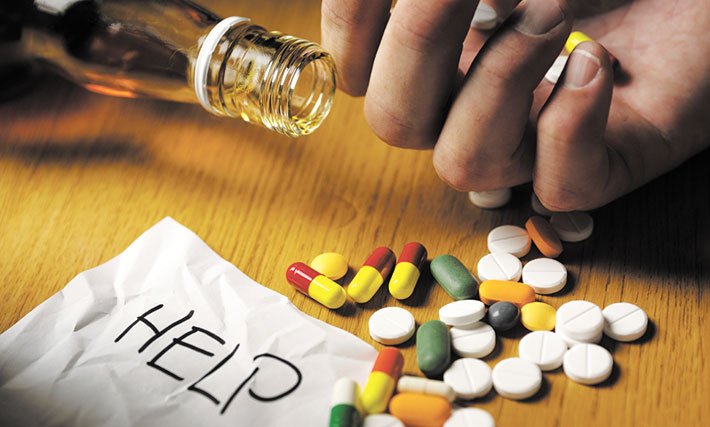In every society there are people accustomed to taking substances that produce alterations of consciousness. There are two main groups of such substances: alcoholic beverages (beer, wine, liquor, etc.) and drugs (marijuana, mescaline, cocaine, heroin, LSD, etc.). Some are mild and harmless, except when taken in large, repeated doses; others, even in small doses, produce a dependency that can totally dominate the individual.
Susceptibility to Alcohol
Alcoholics are drinkers who depend on alcohol to the point that they become mentally or physically disturbed. Most alcoholics are large and frequent drinkers [1], but they can be grouped into several types. Some drink persistently for many years, which causes them physical disorders at the end of maturity. Others spend quite long periods without alcohol, but when they have alcohol they can not control the amount they drink; Crises of several weeks are frequent drinking copiously.
Most alcoholics are middle-aged men, but more and more young and more women abuse alcohol. People of certain trades are sellers of alcoholism: sellers, sailors, business managers, waiters and employees in liquor industries.
Alcoholism usually develops slowly. Usually, the alcoholic begins using alcohol to relieve anxiety or depression, which he accomplishes fleetingly. But soon tolerance to alcohol develops, so there must be increasing amounts to obtain relief. Little by little, there appears a physiological dependence on alcohol, so that when the alcoholic is deprived of alcohol, he has symptoms of deprivation [3]: nausea and vomiting, tremors, memory lapses, epileptic seizures and delirium tremens [4]. ] The pathological alcohol abuse causes work difficulties due to absenteeism and drunkenness, family discord, economic problems and poor physical and mental health.
Alcohol abuse produces numerous physical complications [2]: gastritis, stomach ulcer, cirrhosis of the liver, inflammation of the pancreas and damage to the cardiac muscle. Brain injuries are frequent with severe deterioration of memory. Psychiatric complications include severe depression with marked feelings of guilt, which sometimes ends in suicide.
The treatment of alcoholism tries to develop in the alcoholic the recognition that he has a problem with drinking. Some experts believe that there is a failure in the metabolism of alcoholics, and abstention seems to be necessary to complete in many cases. To achieve this, psychotherapy, aversion treatments and various medications are used.

Sort: Trending